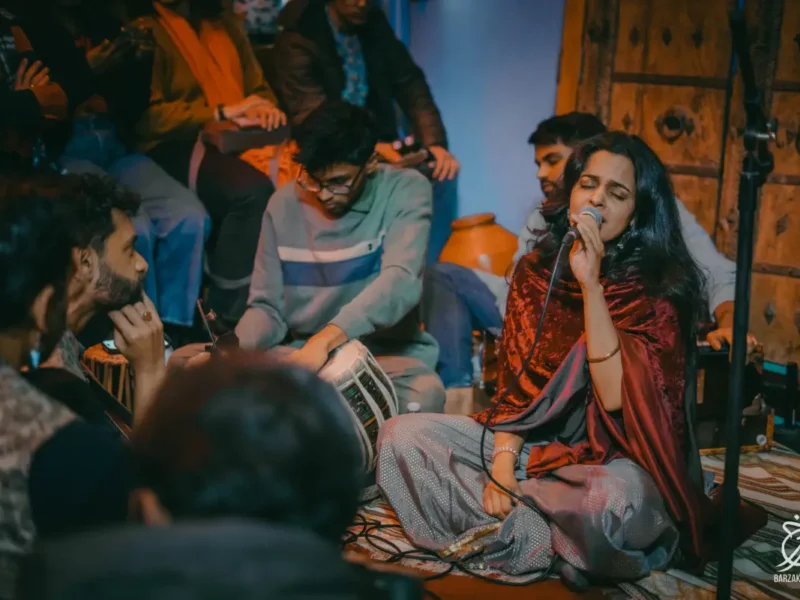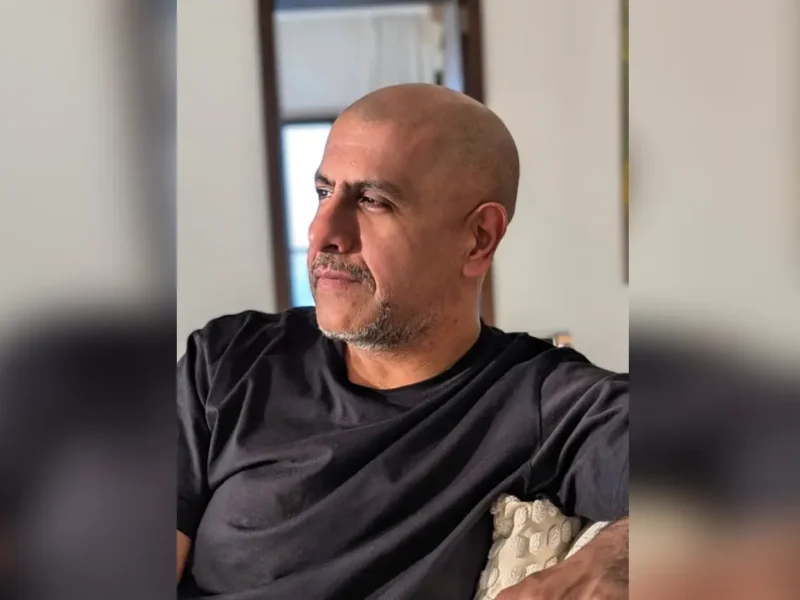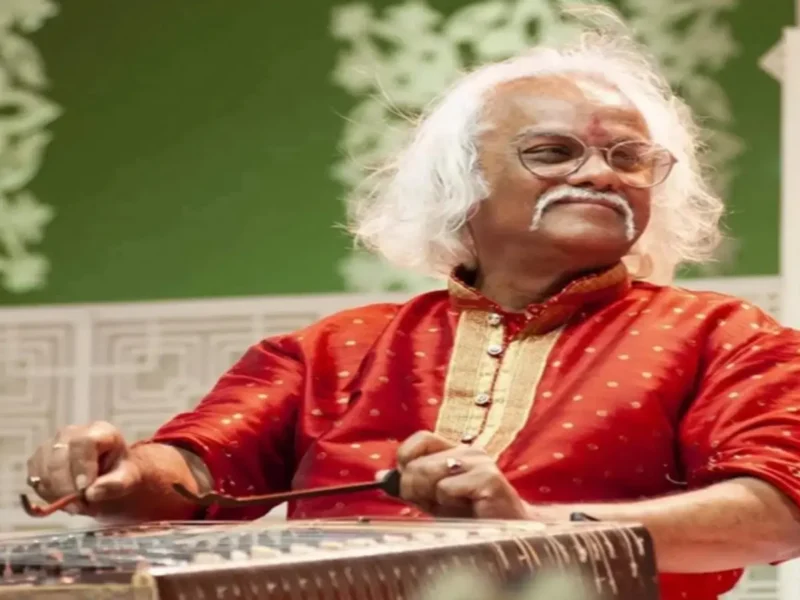
Simplify Music, Uphold Intrinsic Values: Sudha Ragunathan
NEW DELHI, (IANS) – Stressing that it is important to focus on simplifying music, while upholding its intrinsic values, to ascertain that it reaches a greater section, Carnatic vocalist Sudha Ragunathan, recipient of the Padma Bhushan honor, unlike many from her realm, says that even while global cultures are pervading, Indian classical music continues to draw a large audience.
“During my travels across the world, I see Carnatic music bringing together many minds and teachers and students of Indian music connect across the globe in technologically advanced environments. This gives a reassurance that Indian classical music continues to be a unique identity of our land,” she says.
Ragunathan, who has performed at the United Nations, the Theatre de la Ville, Paris, Lincoln Centre, Broadway and happens to be the only Indian vocalist to have participated in the Global Vocal Meeting organized by the ‘Burghof’ believes that workshops on music, lecture demonstrations, innovative attempts to showcase classical music, jugal bandhis…all of these continue to keep our tradition alive and uphold our culture and values through music.
Known for her experiments within the traditional framework, she feels it is important to innovate to keep oneself fresh and invigorated.
Adding that innovation keeps her alive, she adds, “Innovation for me can be in ways such as singing vivadhi ragas, singing kritis in vivadhi raga at concerts and doing ‘graha bedha’ and ‘swara bedha’. While we do innovate, purists do fall in line many times. In case they disagree, then I deem it that it falls under the category where everything undergoes change. Also, the way we present these innovations depends on the ability of the artists and the acceptance of the audience.”
Looking back at her four decades of a rich career, the Carnatic singer says the expectations of the audience have changed.
“Today there are myriad audience profiles, and it is important to keep in mind that what matters most is the reach.”
Trained in the gurukul style of education under M.L. Vasanthakumari for 13 years, the vocalist, calling them the best years of her life, remembers that it was not just music that she learnt from her.
“It was with her that the actual grooming and chiseling happened, to shape me into what I am today. Here, the teaching was different — in fact, there was no teaching at all. It was just keen listening and absorbing. Much of it was from her old records that I would listen to and note, and the rest was while watching her singing live. There were only two songs that Amma taught me. Her style of teaching was a real challenge. M.L.V. Amma’s music was creative music, on the spot! She always kept you on tenterhooks and made you hang on to her and learn every drop of music that came from her. That was how she learnt from her guru G.N. Balasubramanian and she wanted to pass on the same style of teaching to her disciples as well. In a way, it equipped me with a kind of grasping capability and alertness that gave me the confidence that I could learn anything anytime with focus and determination.”
For someone credited for initiating many young listeners to Carnatic music, she feels that while this school of music is complex, innovations within the boundary of classicism can make it seem less foreboding and more understandable.
“And this is what appeals to today’s youngsters, who are in a hurry for everything. It is heartening to see so many of the younger generation at my concerts. That motivates me further to work on a repertoire that can reach these young minds and make them understand the nuances and beauty of Carnatic music in a more simplified manner. Being more casual, attempting to bring in a newness to bring in cheer into the music — maybe a bit of casual conversation with them, depending on where and which kind of an audience you are performing for.”
Talk to her about the gender bias in the field of classical music, and she asserts, “Yes, there is — in more ways than one. And all women artists will stand with me when I say this. But let us not go there…”
The artist stressed the importance of fitness for a classical singer.
“Firstly, healthy eating, yoga and meditation are primordial. That is to always bring in balance and composure. And then I get into a mood where there is lots of silence on the day before the concert, with limited conversations. I also work out whenever I can make the time because that also brings about a kind of discipline in taking care of your body, which again is very important for confidence on stage.”



